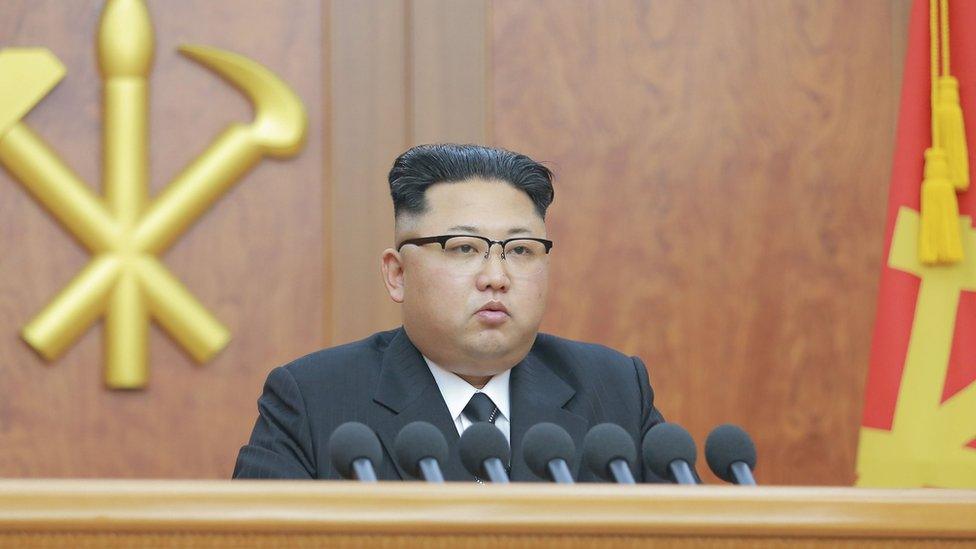South Korea warns North against satellite launch
- Published
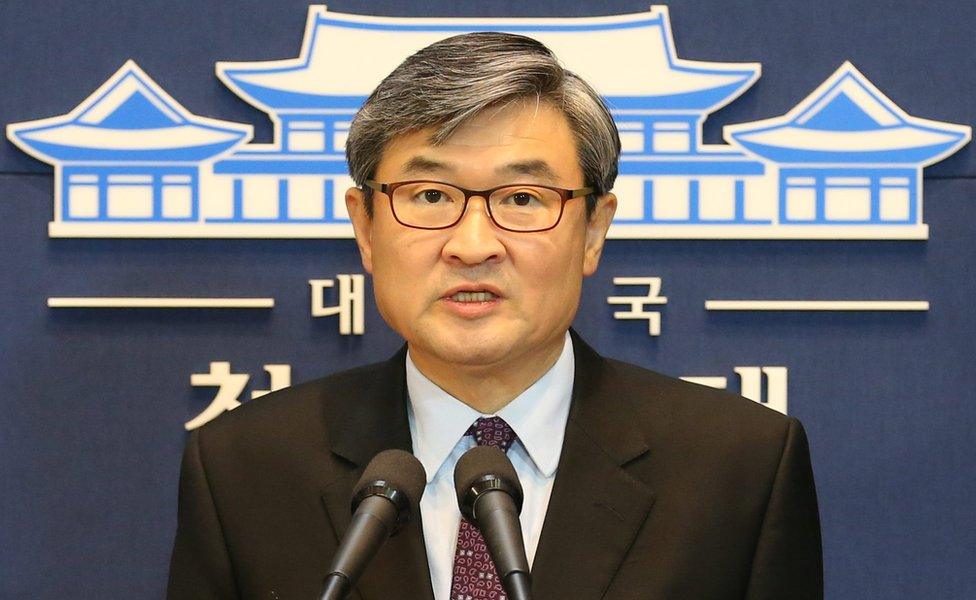
Mr Cho appeared on South Korean national television on Wednesday delivering the South's warning
South Korea has warned the North it will "pay a harsh price" if it goes ahead with its plan to launch a satellite into space.
North Korea said on Tuesday it intended to carry out the launch between 8 and 25 February.
Critics say it is a cover for a test of ballistic missile technology.
Japan's defence minister said he had issued an order to shoot down any missile that threatened to fall on Japanese territory.
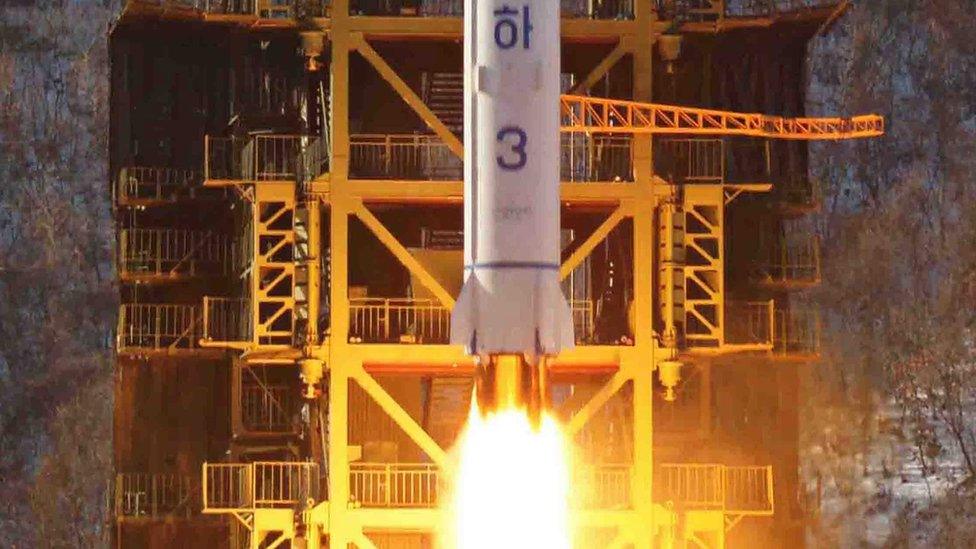
The last long-range rocket launch at Sohae Satellite Launching Station was in 2012
The US has said any North Korean launch would be an "egregious violation" of a UN ban on missile launches by North Korea, and called for more sanctions.
North Korea has always said its space programme is peaceful, but it is believed to be developing an intercontinental ballistic missile.
It also conducted its fourth nuclear bomb test on 6 January, drawing international condemnation.

North Korea's rocket launches
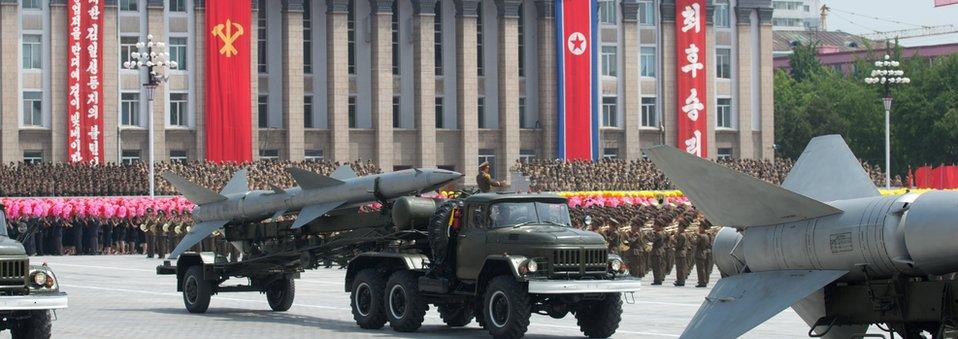
May 2015: North Korea announces it has successfully tested a submarine-launched missile for the first time, but scepticism is then poured on the claim
Dec 2012: North Korea launches three-stage rocket, says it successfully put a satellite into orbit; US defence officials confirm object in orbit
Apr 2012: Three-stage rocket explodes just after take-off, falls into sea
Apr 2009: Three-stage rocket launched; North Korea says it was a success, US says it failed and fell into the sea
Jul 2006: North Korea test-fires a long-range Taepodong-2 missile; US said it failed shortly after take-off

Cho Tae-yang, a senior South Korean presidential official, said on Wednesday that the satellite plan was considered a "direct challenge to the international community".
"We warn that if North Korea proceeds with a long-range missile launch, the international society will ensure that the North pays searing consequences for it."
Japan's Prime Minister Shinzo Abe said the launch plan was a "serious provocation", while Russia's foreign ministry said Pyongyang showed "an outrageous disregard for the universally recognised norms of international law".
Meanwhile, Chinese foreign ministry spokesman Lu Kang said: "`We hope all sides show restraint and... avoid any moves that may increase the tensions on the [Korean] Peninsula."
China is Pyongyang's biggest trading partner and only ally, although relations have cooled since Kim Jong-un succeeded his father.
China's top nuclear envoy Wu Dawei is currently visiting Pyongyang.
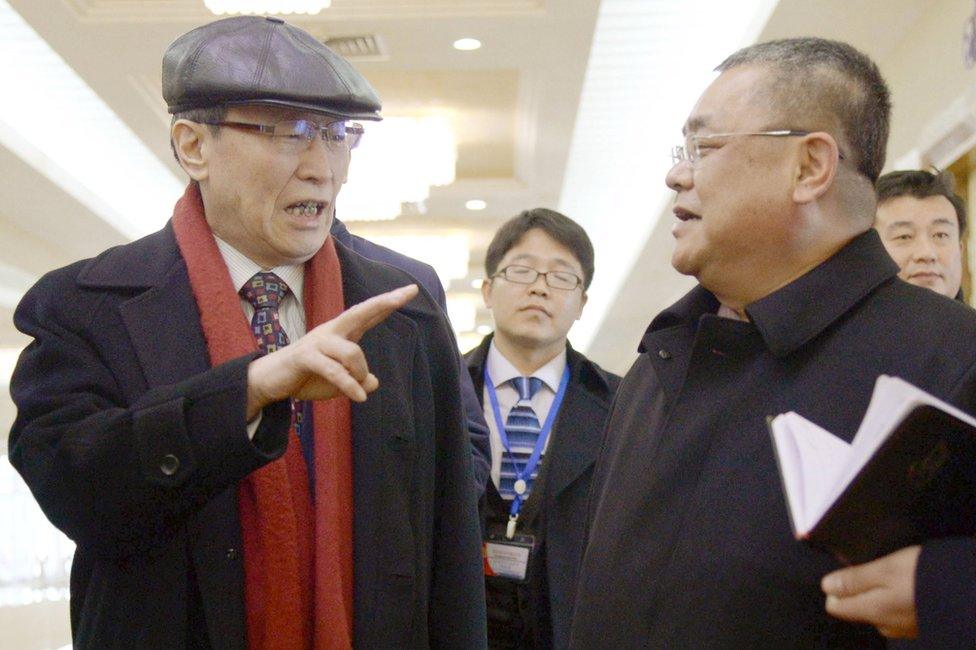
Wu Dawei (L), who is China's special representative for Korean peninsula affairs, arrived in Pyongyang on Tuesday
The International Maritime Organization (IMO) said on Tuesday that it had been notified of Pyongyang's plans to launch a satellite between 8 and 25 February.
However North Korean media do not appear to have reported on the DPRK's letter to the UN maritime agency so far, says BBC Monitoring, meaning many North Koreans will not be aware of it.
Analysts say a new launch would allow North Korea to test some - but not all - of the technology needed for a long-range nuclear strike.
Jonathan Marcus assesses North Korea's nuclear capabilities in light of the latest test claims
The recent nuclear test and the planned satellite launch could be part of a build-up to the seventh Congress of the Workers' Party of Korea due to be held in coming months - the first to be held since 1980 - where leader Kim Jong-un is expected to show off North Korea's nuclear programme, experts say.
The North last conducted a long-range rocket launch in December 2012, successfully putting into orbit an object Pyongyang claimed was a communications satellite with the three-stage Unha-3 carrier.
The UN Security Council subsequently called it a "clear violation" of resolutions banning North Korea from missiles tests, and imposed sanctions.
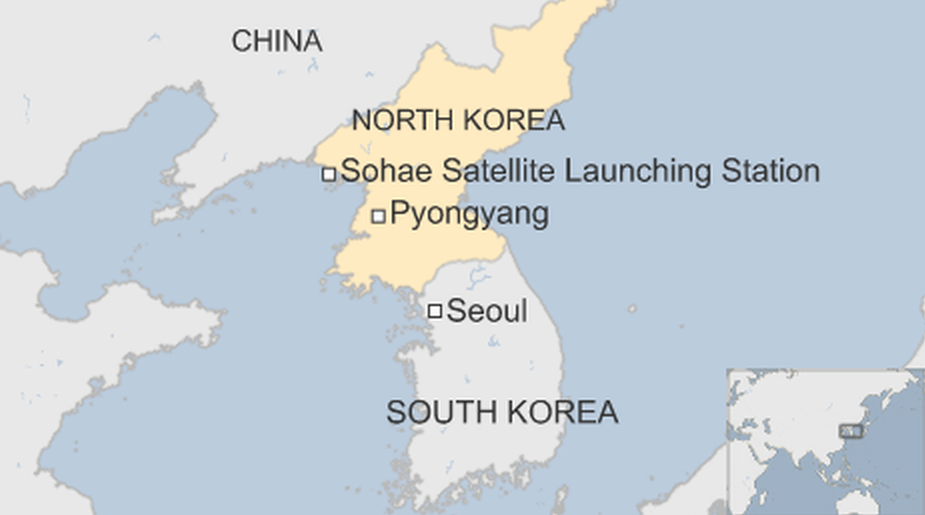
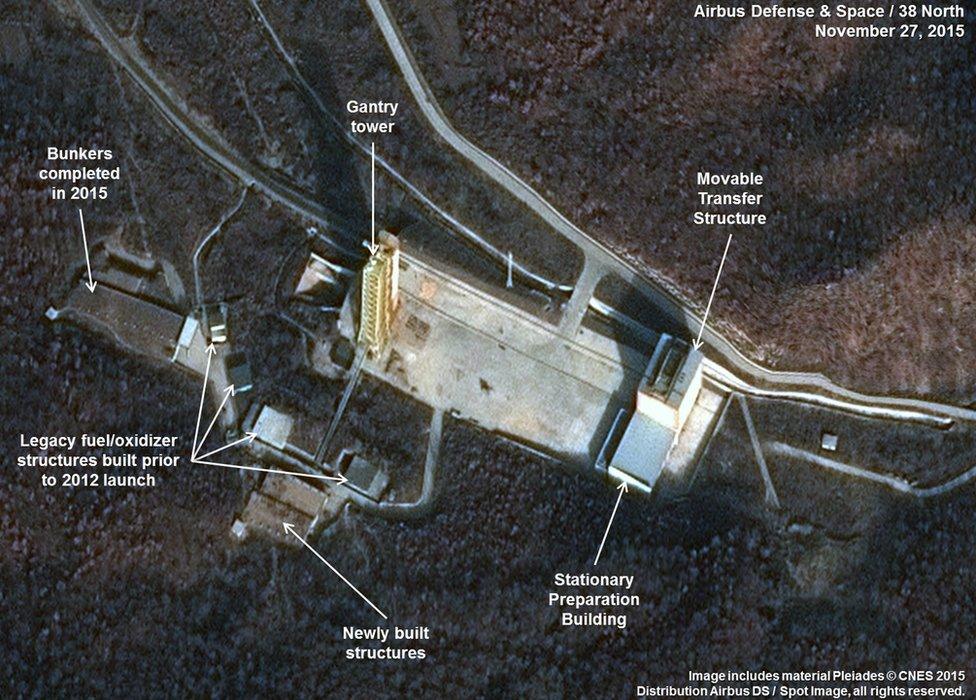
Satellite imagery released in December showing the construction of new propellant bunkers at the Sohae Satellite Launching Station
- Published7 January 2016
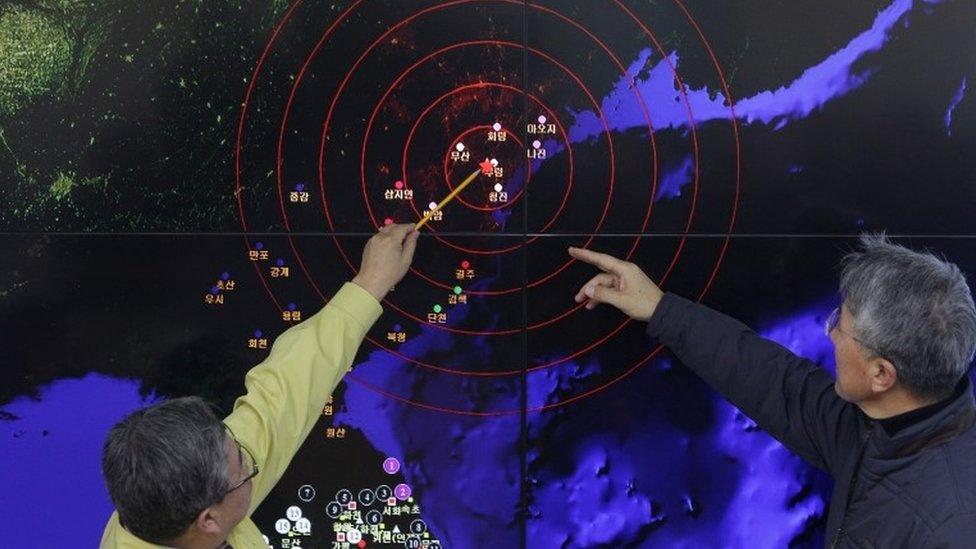
- Published6 January 2016
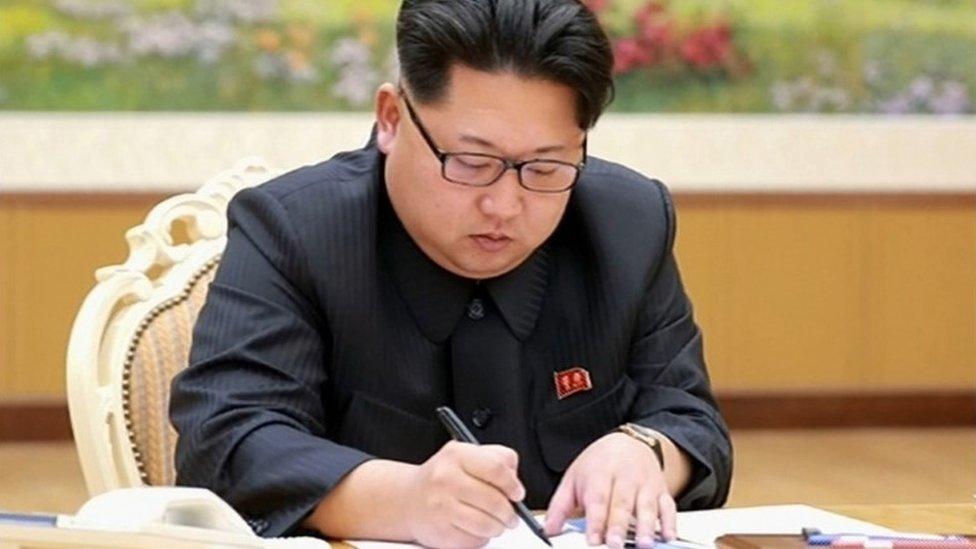
- Published10 January 2016
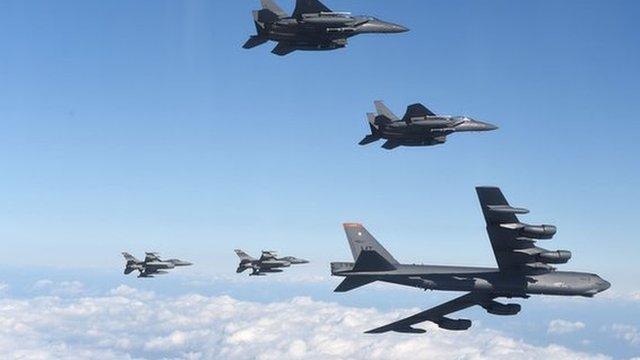
- Published11 September 2023
